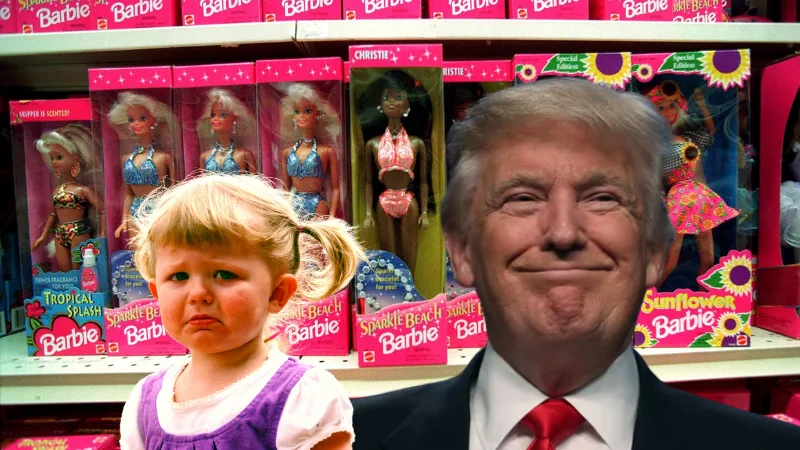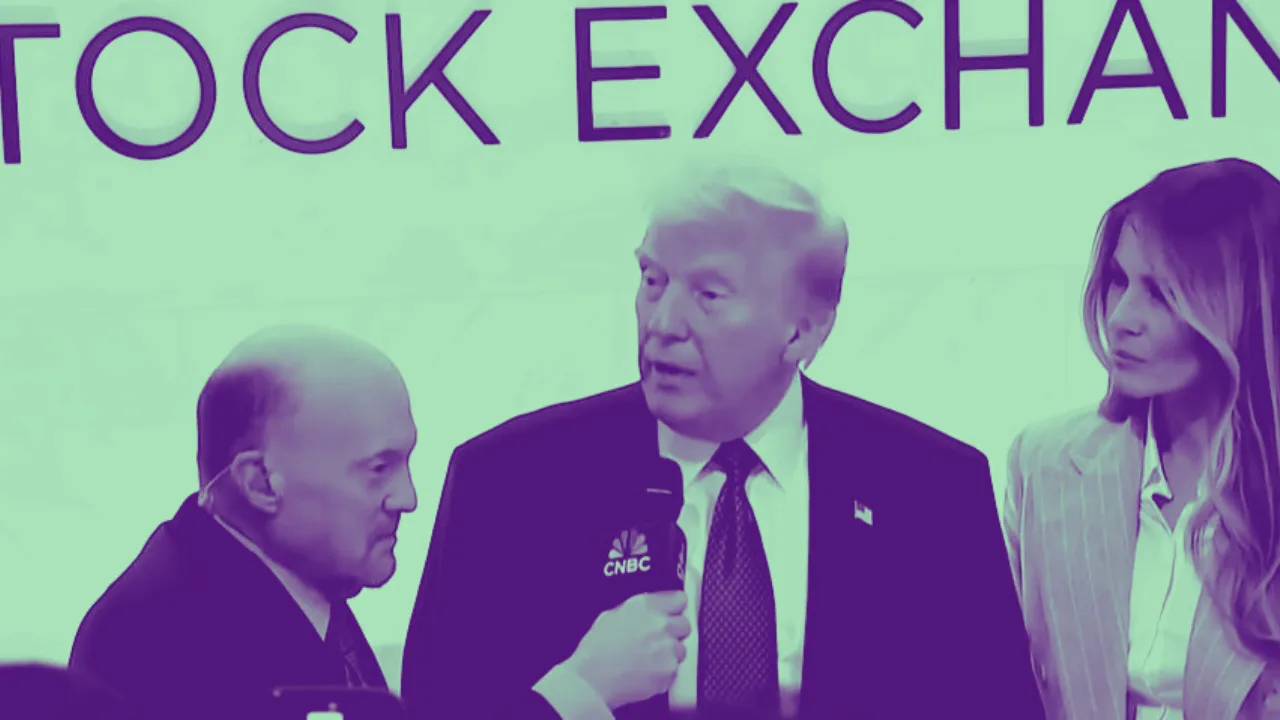Mattel, the iconic American toy manufacturer behind brands like Barbie and Hot Wheels, has announced plans to raise prices on some of its U.S. products. This move comes in response to the financial strain imposed by President Donald Trump’s recent 145% tariffs on Chinese-made goods. Despite efforts to diversify its manufacturing base, with 40% of its global production still in China, Mattel finds some price increases unavoidable.
The Tariff Impact
The Trump administration’s aggressive tariff policy aims to reduce the U.S. trade deficit with China. However, it has significantly impacted industries reliant on Chinese manufacturing, including the toy sector. Mattel estimates an additional $270 million in costs due to these tariffs this year. Reuters
In a recent interview, President Trump downplayed concerns about the impact on consumers, stating, “Maybe the children will have two dolls instead of 30 dolls, you know, and maybe the two dolls will cost a couple of bucks more than they would normally.” The Wall Street Journal
Mattel’s Strategic Response
To mitigate the effects of the tariffs, Mattel is accelerating its efforts to shift production away from China. The company plans to relocate the manufacturing of approximately 500 products from China to other countries this year, up from 280 last year. The Independent
Despite these efforts, the company acknowledges that some price increases are necessary. However, Mattel assures consumers that 40% to 50% of its toys will still be priced under $20.
Financial Outlook
Due to the ongoing uncertainty surrounding U.S. trade policy, Mattel has withdrawn its full-year earnings forecast. For the first quarter ending March 31, the company reported a 2% sales increase to $827 million but also noted a net loss of $40.3 million, deeper than last year’s $28.3 million loss. AP News
Industry-Wide Implications
Mattel’s challenges are reflective of broader issues facing the toy industry. Many companies are grappling with increased costs and supply chain disruptions due to the tariffs. The Toy Association has been lobbying for toys to be exempt from tariffs, emphasizing their importance in children’s development.
Conclusion
Mattel’s decision to raise prices highlights the tangible effects of international trade policies on everyday consumer goods. As the company navigates these challenges, it remains committed to providing quality toys at accessible prices, while advocating for policies that support the industry and consumers alike.





